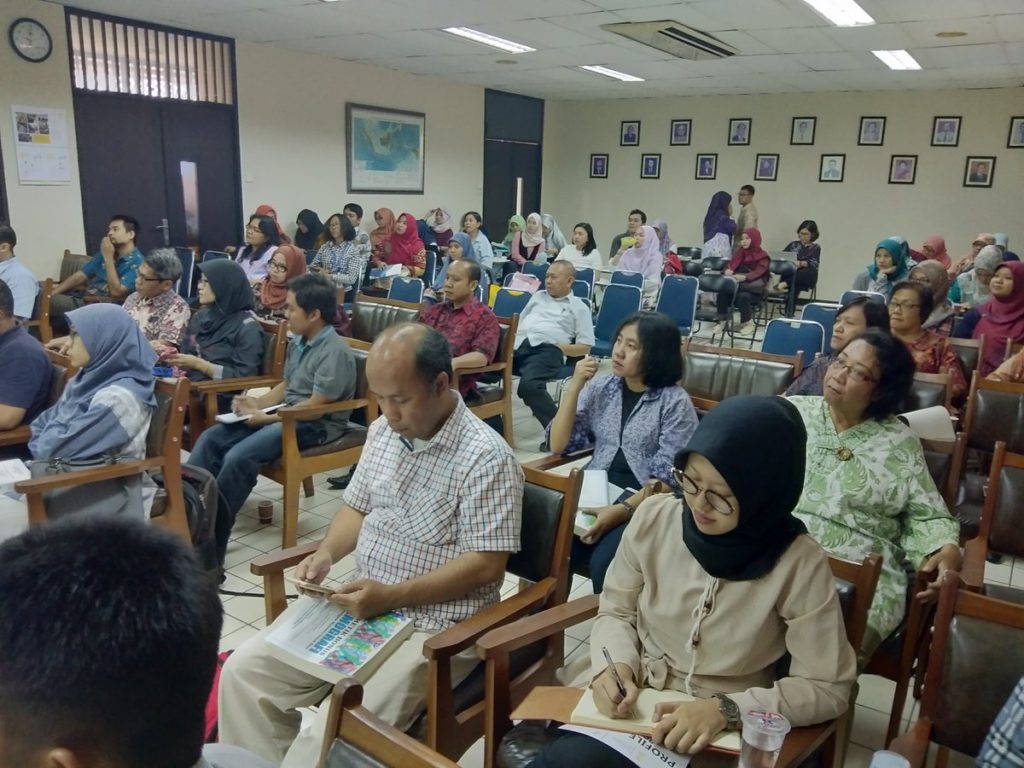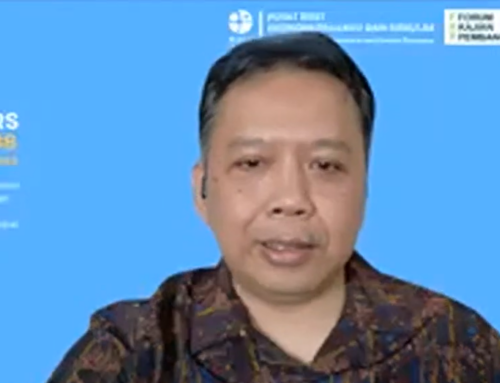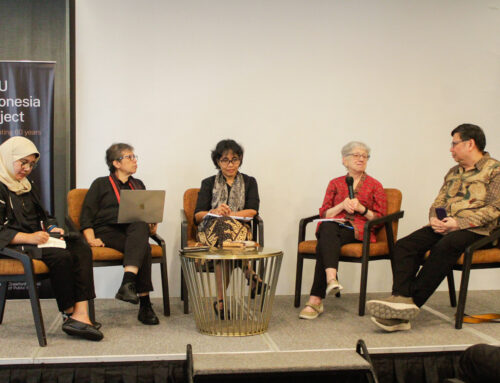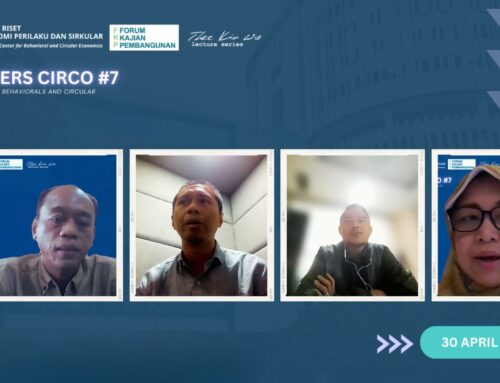On Wednesday, 9 May 2018, Lembaga Demografi, Faculty of Economics and Business, Universitas Indonesia (LD FEB UI) hosted the first of three seminars in May 2018. The seminar takes the form of the launch of the book “Memetik Bonus Demografi, Membangun Manusia Sejak Dini” (reaping the demographic bonus, enhancing human capacity ahead of time) . There were three speakers that presented their studies about demographic bonus: Professor Sri Moertiningsih Adioetomo (FEB UI), Professor Mayling Oey-Gardiner (FEB UI), and Elda Luciana Pardede (LD FEB UI). Professor Adioetomo opened her presentation by highlighting the importance of the so-called “demographic bonus” in Indonesia and how the policymaking process could answer challenges that emerge in utilizing demographic bonus. Demographic bonus, a phenomenon related to low dependency ratio of a population, should be supported by policies that help boosts the quality of human capital. From a short-term perspective, the government needs to intensify job training, internship programs, and increase jobs opportunity. In a longer term perspective, the government should facilitate building human capital quality from the early-ages and uplifting the life standard of the elderly generation.
Professor Oey-Gardiner raised the issue of the main audience for the book. She proposed another approach to understanding the demographic bonus utilization, which is through the marital process. Some issues related to marital tradition in Indonesia, such as early marriage and assortative mating, were all linked to the human capital quality in the future. She also emphasized the strong role of Posyandu as a medium of information for mother and teenage woman to live and help prosper the household nutrition needs, so that children will less likely to have malnutrition and grow as a productive human being that benefits economy.
The last speaker, Elda Luciana raised strategic issues that support the process of building human capital such as gender disparity, poverty and inequality, urbanization trend, and sustainable and environmental-friendly development. She also emphasized the integral role of gender aspects on human development. To some extent, the equal role of woman and man in building household should affect children in some aspects such as health, education, labor productivity, income, and assets ownership. Elda also highlighted the current declining trend in poverty and inequality; however, the trend still differ significantly between gender and regions. The rising trend of urbanization has signaled the needs of sustainable cities in Indonesia. This was in line with the needs of sustainable and environmental-friendly development since cities were more likely to have difficulty in fulfilling needs to its population.
For the complete presentation and Q&A session, please refer to the videos and materials provided.





